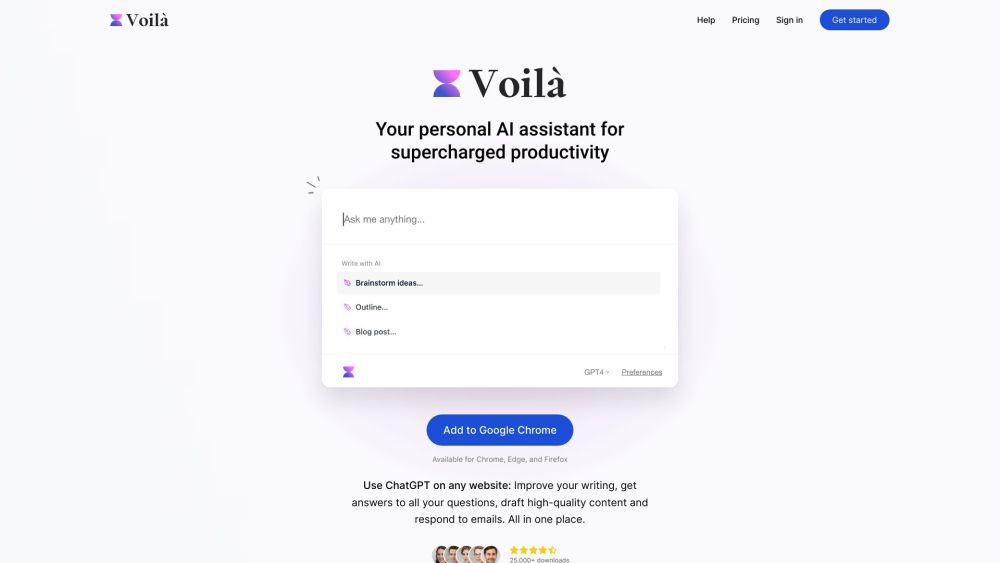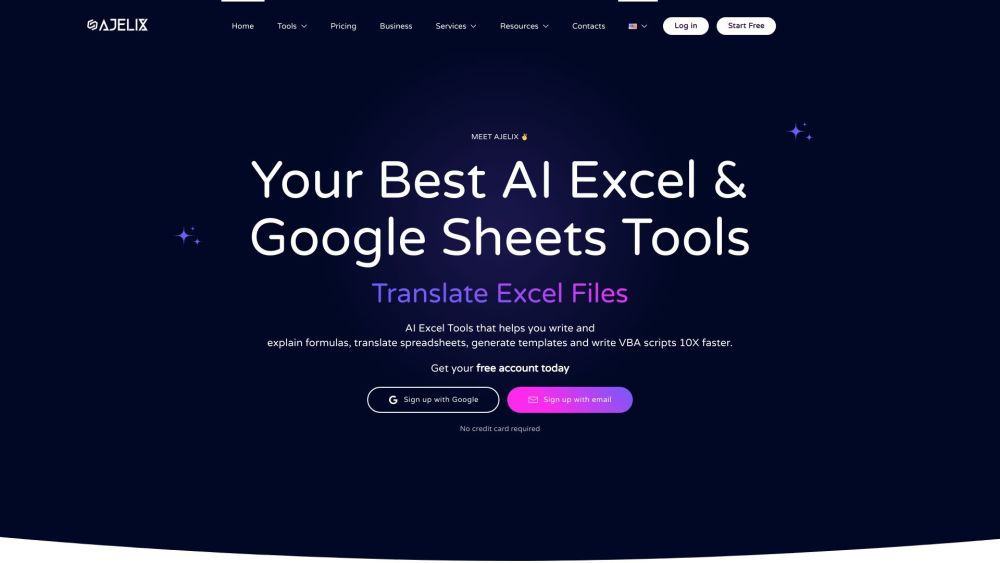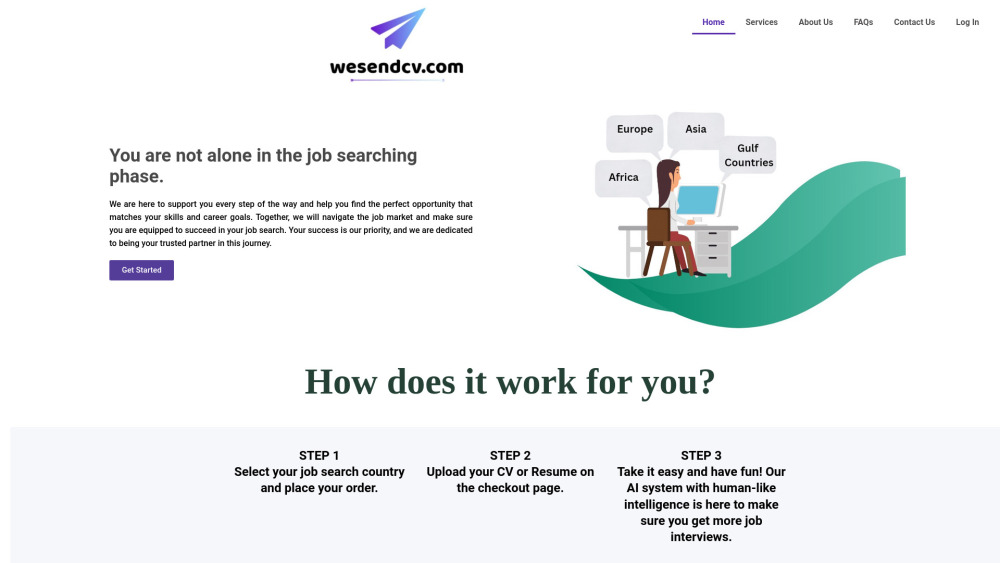Revealing the Launch Date of GPT-5: Insights from OpenAI's CEO on Development Progress and Future Expectations
Most people like

Voilà is an unique AI assistant with a suite of tools for maximum productivity. Experience the difference of a personal AI that saves your time.

AI Excel Tools: Discover advanced data visualization techniques and AI-driven solutions designed to enhance your Excel and Google Sheets workflows for increased productivity and efficiency.

In today's competitive job market, having an effective CV is essential for standing out to potential employers. Our specialized CV sending service is designed to help job seekers like you maximize your opportunities by effortlessly delivering your resume to a wide array of employers and job openings. With our expertise, you can streamline your job search and increase your chances of landing that dream job.

In today’s digital landscape, ensuring secure age and identity verification is more crucial than ever. With the rise of online interactions, businesses face the challenge of confirming users' identities while adhering to regulations. AI-powered solutions are revolutionizing the way organizations handle these processes, providing accurate, efficient, and scalable verification methods. Discover how AI-driven age and identity verification technology can enhance security, streamline operations, and protect against fraud in an increasingly complex online environment.
Find AI tools in YBX


